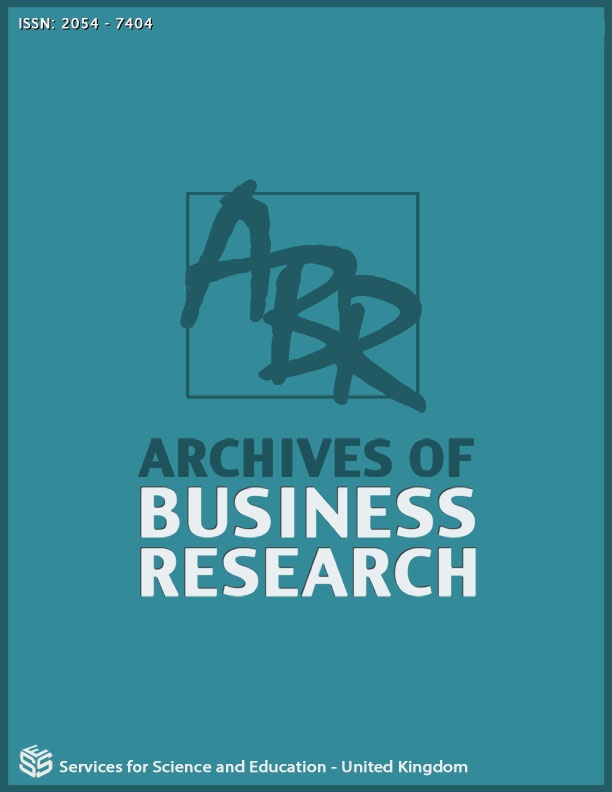A Brand Concept Strategy Model of T-Shirts for Young People Using Selected Conjoint Analysis
DOI:
https://doi.org/10.14738/abr.108.12816Keywords:
New product concept; Brand strategy; FashionAbstract
Today's T-shirt market of young people is very competitive. As the brand of T-shirt, UNIQLO、GU、Nike、Adidas、AZUL are known. This paper aims to propose a method of designing an optimal brand concept for T-shirts. In the modern highly competitive business world, marketing strategies are required to meet the increasingly complex and diverse needs of customers. Therefore, it is very important for companies to have a brand strategy in order to increase their competitiveness in the market. On the other hand, a general decline in consumer confidence among young people has begun to appear since the early 2000s. The Nikkei Regional Industry Research Institute's "Youth Attitude Survey" also shows a decrease in the ownership rate of famous foreign brand clothing in 2007 compared to that of 2000. Kuga's analysis of the Ministry of Internal Affairs and Communications' "National Survey of Consumption" also indicates that young people's interest in fashion has declined. In 2017~2019 years, GDP of Japan was increasing. However, GDP decreases greatly in 2020 because of COVID-19. In the market of Japan, Young person's spending intention in recent years continues decreasing. In this paper, we consider the case of launching a new T-shirt brand for university students of Japan. Also, we study the marketing strategy of T-shirts for young people who are considered to have decreased their interest in fashion, taking into account the complexity and diversification of their needs, using a choice-type conjoint analysis.
Downloads
Published
How to Cite
Issue
Section
License
Copyright (c) 2022 Junpei Marui, Sun Jing

This work is licensed under a Creative Commons Attribution 4.0 International License.






